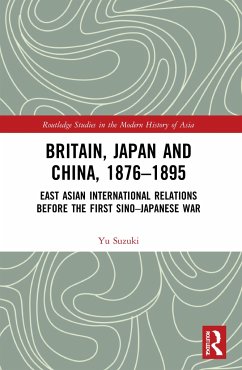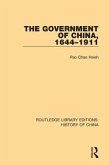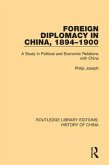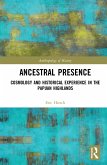This book revises the conventional wisdom about the Anglo-Japanese relationship in the late nineteenth century that these two countries were bound by mutual sympathy and common interests, and therefore the common ground which led to the signing of the Anglo-Japanese Alliance in 1902, had already existed in the 1880s. Such understandings fail to take account of the fact that the Qing dynasty of China had emerged as the strongest regional power in East Asia by reasserting its influence as the traditional suzerain of the region in the years prior to the First Sino-Japanese War. The British and the Japanese governments clearly recognised that it would become difficult to maintain their interests in East Asia if they antagonised the Qing by challenging its claim of suzerainty over Korea. It was difficult for them to come to closer terms when their priority before 1894-5 was to maintain good relations with China, and when they were also experiencing numerous diplomatic difficultieswith each other.
Bitte wählen Sie Ihr Anliegen aus.
Rechnungen
Retourenschein anfordern
Bestellstatus
Storno








